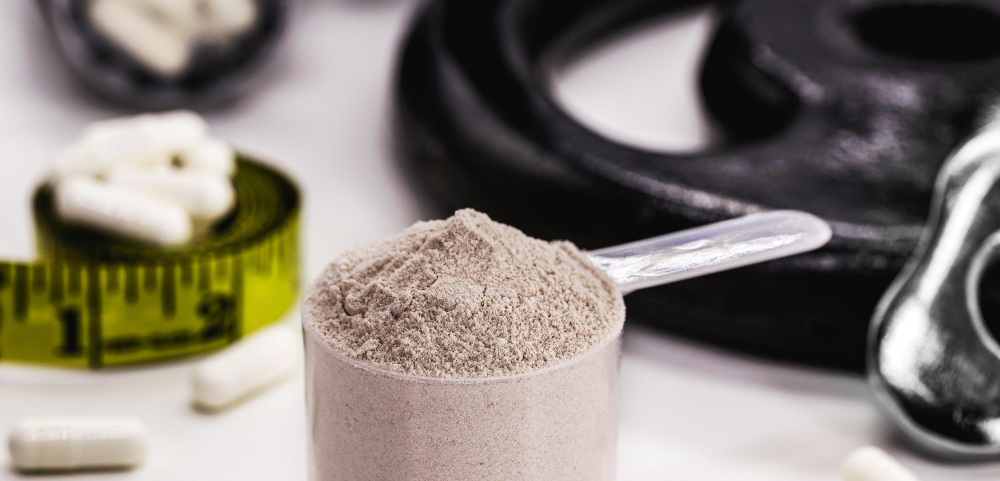First, we must understand probiotics and how they work in the body. All animals harbor a vast amount of microorganisms in the gastrointestinal tract, forming what we know as the intestinal microbiota with beneficial bacteria and some harmful ones. Beneficial bacteria actively contribute to the maintenance of animal health, as they aid in the digestion and absorption of nutrients, stimulate the production of vitamins and improve the defense system, improving immunity. Under normal conditions, in which the pet receives a balanced diet, does not have comorbidities, and does daily exercises to promote well-being, the intestinal bacteria will be in balance. However, this balance can be altered in some cases due to stressful factors such as changing the environment or going to the veterinarian. This event can cause an increase in harmful bacteria that cause damage to the health of animals. Because of this, probiotics are considered nutritional supplements, not drugs, as many believe. These are products made with live microorganisms that can benefit the intestinal microbiota by improving the balance between microorganisms, facilitating the formation of the intestinal probiotic barrier, and inhibiting the proliferation of harmful bacteria that can prejudice health. Probiotics also stimulate an improvement in digestion; thus, they are essential to promote the health and well-being of companion animals.
In general, probiotics improve the immunity and digestion of animals, can also relieve allergies, regulate cholesterol levels, alleviate diarrhea symptoms, and prevent intestinal problems such as colitis and inflammatory bowel disease. As we can see, the supply of probiotics is excellent for the health of companion animals. Still, it must be provided according to the guidance of a trained professional and always following the manufacturer’s instructions.
Maximizing the Benefits of Probiotics for Your Pet’s Health
Probiotics can be used from the birth of the pet to the old age of the animal, especially in weaning, changes in food, in periods of vaccination, medication, and changes in the environment. The choice of probiotic must be made following some criteria such as: what types of bacterial strains make up the product, diversification of microorganisms (more diversity is better) and what other elements are in the formulation. Probiotics with prebiotics included, known as symbiotics, are usually better. Prebiotics are fibers that “feed” bacteria, making them more efficient due to population increase. The most common prebiotics are fructooligosaccharides (FOS) and mannan oligosaccharides (MOS). Probiotics can include other nutrients such as vitamin C, glutamic acid, glutamine, beta-glucans, tryptophan, minerals, proteins, and fibers. The more ingredients added, the better the quality of the product since these nutrients help in the product’s functionality, intestine health, and nutrient absorption.
Now that you understand the functionality of a probiotic and its benefits for your pets, let’s know some points of storage and shelf life of the product.
Avoid the Mistake: Don’t Store Probiotics in the Fridge
After each supply of probiotics, many people unintentionally, even without thinking, put the stored product in the fridge. Have you done this? If your answer is yes, then know that you were wrong.
Probiotics, as the name implies, are live microorganisms; to fulfill their function in the body, they must be ingested alive. The storage will depend on the type of microorganism present in the product. So refrigeration is not always recommended, as some bacteria, when placed in refrigerated places, end up dying due to the action of humidity and low temperature, making the product less efficient, just as some bacteria do not survive outside a refrigerated environment. Therefore, the correct form of storage is to follow the manufacturer’s recommendations and keep it in the original packaging. So, as soon as you give the daily amount to your dog, place it in a protected area out of the reach of pets and children.
Don’t Let Your Probiotics Go Bad: Understanding Expiration Dates
Yes, probiotics have an expiration date, just like any other product intended for the health of companion animals. Usually, the validity varies between 6 months and two years, depending on the manufacturer and the product type, so pay attention to the description on the packaging.
Because probiotics have live microorganisms in their composition, the viability of these bacteria present in the formulation will be a crucial factor for the product’s effectiveness. In this way, the probiotic choice must be made judiciously, with the quality and origin of the bacterial strains being extremely important.
The Importance of Checking Expiration Dates on Probiotics for Your Pet
The expiration date established by the manufacturer takes into account the number of live microorganisms inside the product at the time of manufacture and an estimate of how long they would live inside the package. Therefore, if the product is already expired, it will probably no longer be effective, as the microorganisms are dead.
However, there will be no harm to the animal’s health if supplied after the expiration date since it will only have inactivated microorganisms that will not cause any problem in its ingestion. So, if you give it to your pet and only realize after supplying that the product was expired, don’t worry. It won’t harm your furry friend; however, it won’t bring any benefit either. In this way, supplying a new product must be carried out.
The Dangers of Using Outdated Probiotics for Your Pet
After expiration, probably all microorganisms of the probiotic are dead. That is, it will not have any functionality after the end because even if some microorganisms survive with variations in the environment and storage time, they will not be enough to cause any benefit in the intestinal probiotic barrier. Therefore, if the product is expired, dispose of it properly.
When you doubt the best probiotic for your dog, which specific time of use for your pet, and which is the correct storage according to each product, consult a trained professional you trust. This way, you will be sure to provide the best probiotic for your pet.














